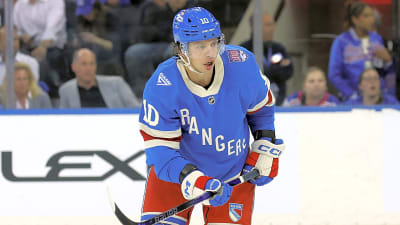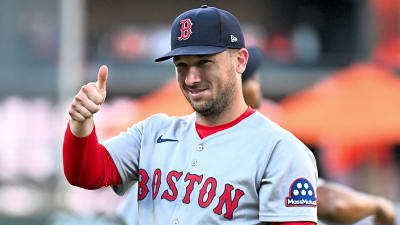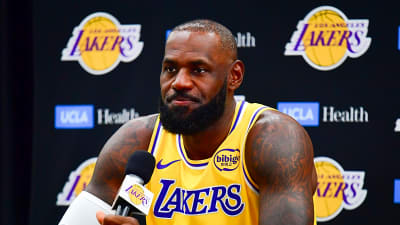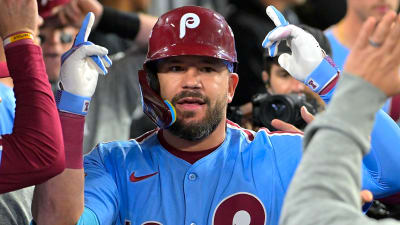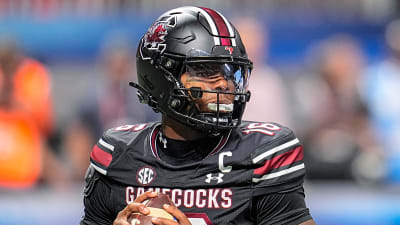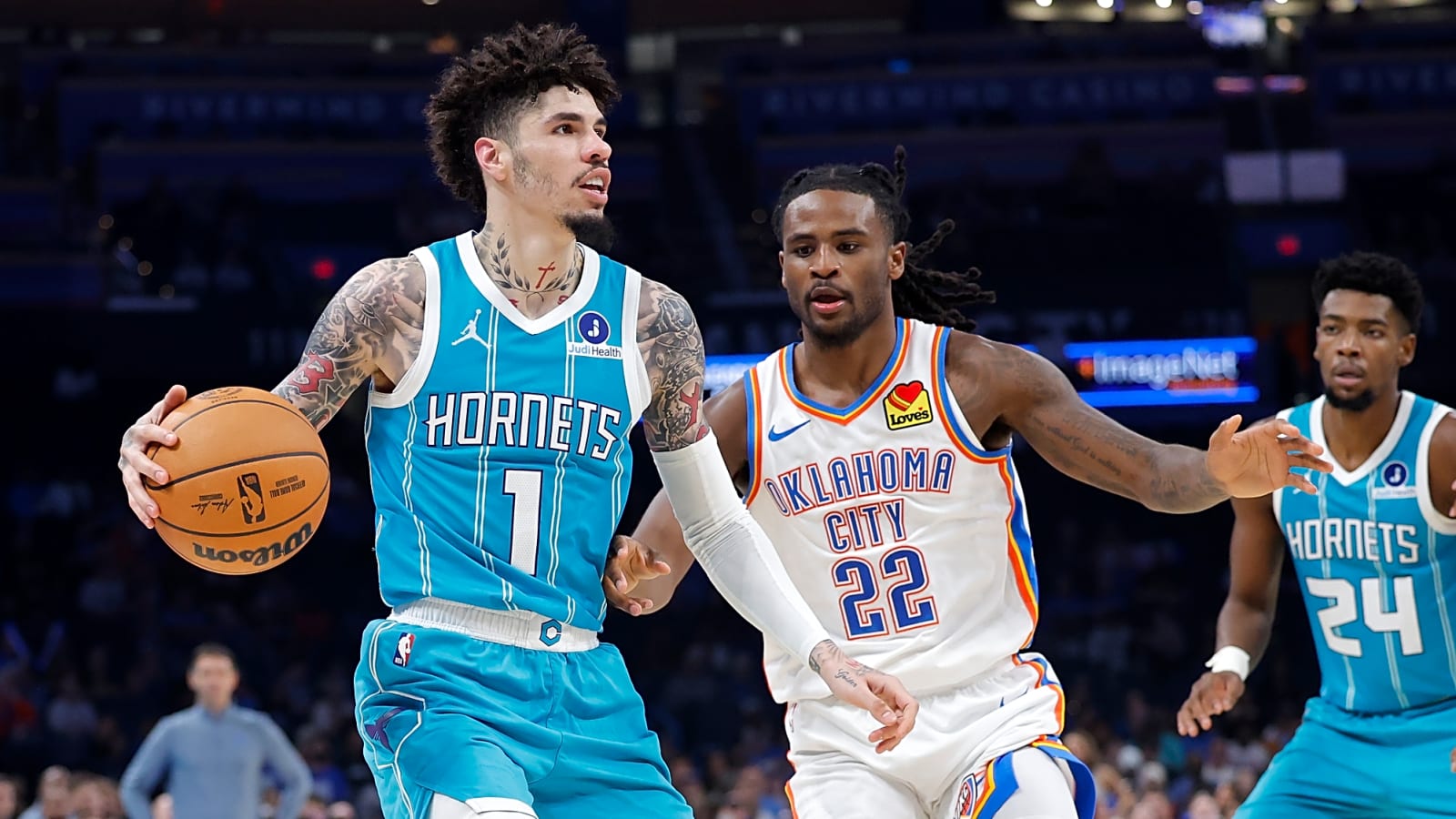
The Charlotte Hornets have historically struggled to find a true superstar, a franchise player who can not only win games but also captivate a national audience. In LaMelo Ball, they have a player who, despite the team’s lack of success, has become one of the most popular and marketable figures in the NBA. This unique status has created a complex situation for the franchise. While trade rumors have swirled around the talented point guard, a new report suggests there is a significant LaMelo Ball trade reluctance from the Hornets, driven by his immense popularity with younger generations.
Charlotte Hornets LaMelo Ball: More Than Just a Basketball Player
For a franchise that has often been an afterthought in the NBA landscape, LaMelo Ball represents something they have rarely had: cultural relevance. His journey to the NBA was unconventional, building a massive social media following long before he ever stepped onto a professional court. This viral fame has translated into tangible business success for the Hornets.
According to a recent report, Ball’s immense popularity, particularly with Gen Alpha, is a major factor in the team’s hesitation to trade him. As Zena Keita pointed out on “The Athletic NBA Daily” podcast, “If you ask anyone who’s Gen Alpha, their favorite NBA player is LaMelo Ball. Like, that man sells shoes. He is incredibly marketable.”
This marketability is a powerful asset for a small-market team. Ball drives merchandise sales, from jerseys to his signature Puma shoes. His flashy style of play creates highlight-reel moments that go viral, keeping the Hornets in the social media conversation even when they are not winning. This is the modern version of the iconic Hornets starter jackets of the 1990s—a cool factor that makes the brand popular beyond its on-court performance. For a team that has consistently been near the bottom of the league in attendance, having a player who can sell tickets and merchandise is invaluable. Trading away your most popular and marketable player, especially one who connects so strongly with the next generation of fans, is a difficult business proposition, regardless of the team’s record.
On-Court Brilliance vs. Unreliable Availability
The dilemma for the Hornets is that Ball’s off-court value has not consistently translated into on-court success, largely due to his struggles to stay healthy. When he is on the floor, Ball is undeniably one of the most gifted offensive players in the league. A jumbo-sized point guard with extraordinary court vision, he is a walking triple-double threat and one of the best passers in the NBA. His ability to score and create for others makes him the kind of offensive engine a team can build around.
However, his availability has been a significant issue. In his career, Ball has appeared in 60 or more games only once. This unreliability makes it incredibly difficult for the Hornets to build chemistry and continuity. It’s challenging to construct a winning roster when your best player is frequently sidelined. This has fueled the trade rumors and the debate among fans and analysts about whether the Hornets should move on from Ball and build around a more durable cornerstone.
The pressure is mounting for Ball to not only stay on the court but also to lead the team to meaningful wins. He has yet to make a playoff appearance, and for a player of his talent level, that is a glaring hole on his resume. While his popularity may keep him in Charlotte for now, at some point, the on-court results will have to match the off-court hype.
The Challenge of Building Around LaMelo
The Hornets’ front office faces a complex challenge. On one hand, they have a bona fide star who is a marketing dream. On the other hand, they have a team that has been stuck in the lottery for nearly a decade. The organization must figure out how to leverage Ball’s talents while mitigating the risks associated with his injury history.
One potential path forward is to shift Ball into a secondary role. If the Hornets could acquire a true, number-one superstar—a dominant, two-way player—Ball could thrive as an elite secondary scorer and playmaker. This would take some of the pressure off him to be the sole engine of the offense and could potentially help manage his physical load. The Hornets have already started to build a solid supporting cast, and with young talent like rookie Kon Knueppel, they have pieces to work with.
For now, it appears the LaMelo Ball trade reluctance is real. The organization seems committed to keeping its star happy and building around him. However, this season will be a critical one. Expectations are relatively low, but progress is necessary. If Ball can stay healthy and make a push for an All-Star appearance, and if the team shows tangible improvement, it will be considered a success. But if the injury issues persist and the losses continue to pile up, the front office may be forced to reconsider its stance.
Ultimately, the Hornets are betting on Ball’s talent and marketability. They are hoping that his electrifying play can one day lead them back to the playoffs and that his popularity will keep the franchise relevant in the meantime. It’s a high-stakes gamble, but for a team that has been searching for a star for so long, it’s one they seem willing to make.
More must-reads:
- New Sixers hire puts Daryl Morey, Nick Nurse on the hot seat
- Bulls big man out at least a month after wrist surgery
- The 'Team USA men's basketball coaches' quiz
Breaking News
Trending News
Customize Your Newsletter
 +
+
Get the latest news and rumors, customized to your favorite sports and teams. Emailed daily. Always free!



